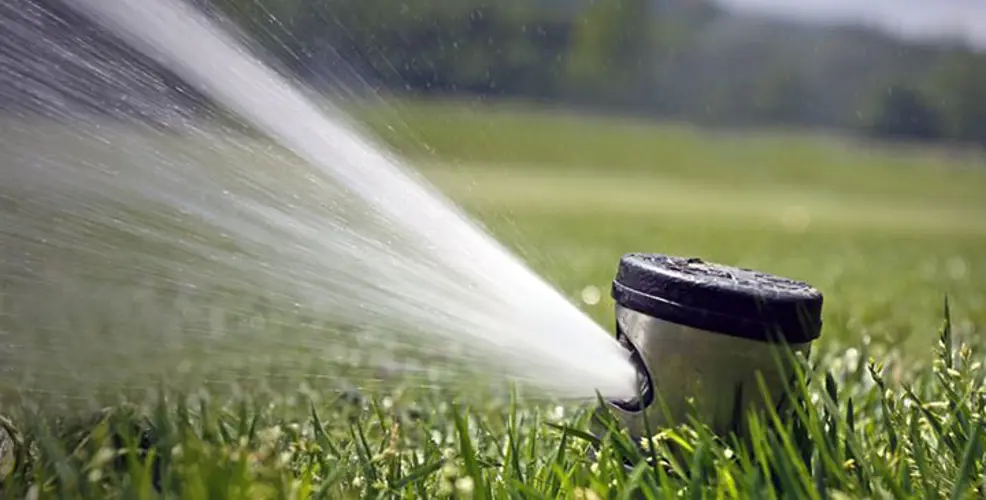
Efficient Water Conservation Strategies in Agricultural Fields
Share
In contemporary agriculture, the importance of conserving water in agricultural fields has become increasingly critical. With climate change reshaping weather patterns and the global demand for food rising, its essential to find effective methods to manage water resources effectively. This article explores various strategies and technologies that can aid farmers in optimizing water usage, promoting both sustainability and productivity.

Why is Water Conservation in Agriculture Crucial?
Water is fundamental to agriculture, acting as the lifeblood for crops. The agricultural sector, however, is among the highest consumers of water globally. In numerous regions, water scarcity poses a significant risk, threatening both food security and the livelihoods of farmers. By concentrating efforts on water conservation, we can maintain a sustainable agricultural future that is resilient to climate shifts.
Technological Advances in Water Conservation
Technology is essential in assisting farmers to conserve water in agricultural fields. Innovations such as precision irrigation systems, soil moisture sensors, and automated monitoring frameworks enable more efficient water usage. By delivering the appropriate amount of water precisely when it's needed, these technologies help minimize waste and enhance crop yields.
Precision Irrigation Systems
Precision irrigation systems, including drip and sprinkler methods, directly supply water to the plants' root zones. This focused technique reduces water loss through evaporation and runoff, ensuring more efficient water use. Smart irrigation controllers, often synced with weather data, can automatically adjust watering schedules, making them particularly effective for water conservation.
Soil Moisture Sensors
Soil moisture sensors are critical tools for water conservation. These instruments gauge the moisture levels in the soil, providing farmers with real-time data to make informed irrigation choices. By understanding their crops' genuine water needs, farmers can prevent over-irrigation and cut down on water usage.
Automated Monitoring Systems
Automated monitoring systems compile data from various sources, including weather forecasts and soil moisture sensors, to offer comprehensive insights into agricultural conditions. This information helps farmers optimize their water usage, ensuring no drop is wasted. With advancements in IoT (Internet of Things) technology, these systems have become more refined and accessible.
Traditional Techniques for Water Efficiency
Alongside technological advancements, traditional farming methods remain vital in promoting water conservation. Practices like crop rotation, cover cropping, and contour farming enhance soil health and improve water retention. These methods complement technological solutions, creating a holistic approach to water conservation.
Crop Rotation
Crop rotation involves alternating crops within the same field over time. This strategy improves soil structure, curtails pest and disease issues, and enhances water retention. By fostering healthy soil, farmers can reduce irrigation needs and better utilize available water resources.
Cover Cropping
Cover cropping entails planting non-cash crops during off-seasons to protect and enrich the soil. These cover crops mitigate soil erosion, boost fertility, and improve water infiltration. By increasing the soil's capacity to retain water, cover cropping supports more efficient water usage.
Collaborative Approaches for Sustainable Water Utilization
Water conservation in agriculture necessitates a collective effort, incorporating input from farmers, researchers, policymakers, and technology experts. By working in tandem, these stakeholders can devise and implement strategies that tackle the multifaceted challenges of water management.
Farmers, the primary water consumers within agriculture, play a pivotal role in adopting and promoting sustainable practices. Researchers contribute by formulating innovative solutions and examining the effects of various water-saving techniques. Policymakers can introduce supportive regulations and incentives that foster water conservation initiatives.
The tech industry, with its expertise in pioneering technologies, can equip farmers with the necessary tools and knowledge to enhance water efficiency. By encouraging collaboration across these sectors, we can build a more sustainable and robust agricultural framework.
For insights on sustainable automation, check out this sustainable automation.
Challenges and Opportunities
Despite the promising technologies and practices available, challenges persist in the endeavor to conserve water in agricultural fields. Obstacles such as high costs, insufficient awareness, and limited technology access can impede adoption. Nevertheless, these challenges present avenues for innovation and collaboration.
Investing in research and development can make water-saving technologies more affordable and accessible. Furthermore, educational programs can elevate awareness regarding the significance of water conservation and inspire farmers to embrace sustainable methods. Through these initiatives, we can surmount obstacles and pave the path towards a sustainable future.
Conclusion
Conserving water in agricultural fields is vital for ensuring food security, promoting environmental sustainability, and bolstering economic resilience. By harnessing both technological advancements and traditional practices, farmers can optimize water usage and contribute to a sustainable agricultural system. Collaborative efforts among stakeholders will be crucial in overcoming challenges and unlocking new opportunities for a water-efficient future.
For more detailed information, please visit this importance of water conservation.

FAQ
What is the significance of water conservation in agriculture?
Water conservation in agriculture is essential for ensuring food security, conserving natural resources, and promoting sustainable farming practices that address water scarcity and help farmers manage resources effectively.
Which technologies are utilized for water conservation in agriculture?
Technologies like precision irrigation systems, soil moisture sensors, and automated monitoring systems are widely employed to enhance water efficiency and minimize waste in agricultural practices.
How do traditional farming methods support water conservation?
Traditional techniques such as crop rotation, cover cropping, and contour farming improve soil health, boost water retention, and lower irrigation needs, thereby aiding water conservation efforts.
